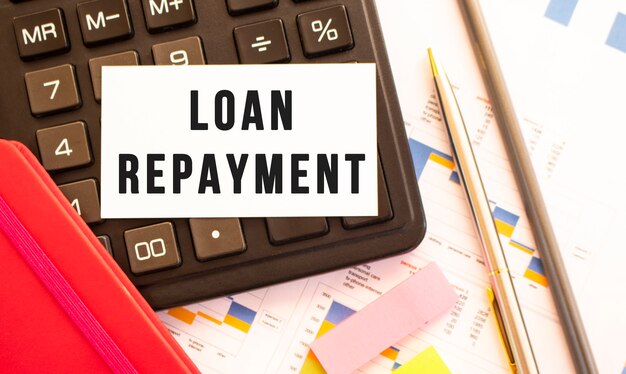Should You Take A Loan To Pay Medical Bills?
by Ankita Tripathy Loans & Credit 07 December 2023

In an era where medical expenses often soar high, many find themselves pondering the viability of using a loan to settle their medical bills.
This decision, akin to navigating a labyrinth, requires careful consideration of its intricate pathways and potential pitfalls.
The Allure and Risk of Co-Signed Loans
When faced with towering medical bills, the allure of acquiring a loan, especially one with a co-signer, might seem like a beacon of hope. Loans with a co-signer, often a trusted friend or family member, can provide the necessary credit support to secure a loan.
However, this seemingly benign act of solidarity can morph into a double-edged sword. Should the primary borrower falter, the co-signer becomes ensnared in the financial quagmire, potentially jeopardizing their credit and relationship with the borrower.
The Credit Conundrum
Medical debt, a daunting specter in many lives, uniquely impacts one’s credit score. Unlike other forms of debt, medical debt typically does not immediately tarnish your credit report. However, once a loan is used to pay off this debt, the narrative changes.
The loan, now a new line of credit, actively influences your credit score. Timely payments can bolster it, but any misstep in repayment can lead to a rapid decline, turning a solution into a source of deeper financial woes.
The Hidden Downsides of Loan Repayment

The journey of loan repayment often harbors hidden obstacles. High-interest rates and stringent repayment terms can transform what initially appears as a lifeline into an albatross around your neck. Furthermore, the psychological burden of debt, especially when it replaces medical debt, can be akin to trading one ailment for another, leaving you in a perpetual state of financial anxiety.
Exploring Alternative Pathways
Given these complexities, it is prudent to explore alternative avenues. Negotiating with healthcare providers can often lead to reduced charges or manageable payment plans. Many are unaware that medical bills are not set in stone; a dialogue with the billing department can unveil pathways for reduction or installment plans that align better with your financial capacity.
The Role of Assistance Programs
In this landscape, assistance programs emerge as hidden gems. Various charities, non-profit organizations, and even hospitals themselves offer programs designed to alleviate the burden of medical expenses. Qualifying for these programs can significantly reduce or even completely cover your medical bills, providing a more sustainable and less risky solution than a loan.
Insurance and Preventive Measures
Prevention, they say, is better than cure. In the context of medical debt, this translates to a thorough understanding of your insurance coverage. Knowing the extent of your coverage, including what is and isn’t covered, can prevent unexpected medical bills. Additionally, investing in comprehensive health insurance or adding supplemental coverage can act as a preemptive shield against future medical debt.
The Final Verdict
In conclusion, while taking a loan to pay medical bills might seem like the quickest escape route, it’s often a path riddled with unforeseen challenges and risks. The decision should not be made lightly. Exploring alternative options, understanding the nuances of medical debt, and preventative measures offer a more holistic approach to managing medical expenses. In the labyrinth of medical debt, the best path is often the one taken with cautious steps and informed decisions.
Read Also:







































































































